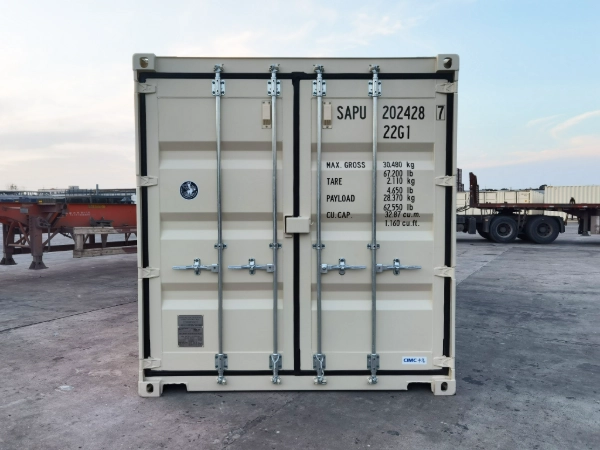In today's interconnected world, the choice between sea and air transport plays a crucial role in global trade and logistics. While air transport is renowned for its speed and efficiency, sea transport offers a myriad of advantages that make it an indispensable mode of transportation. This article explores the multifaceted advantages of sea transport over air transport, shedding light on its economic, environmental, and logistical benefits.
- Cost-effectiveness:
Sea transport stands out as a cost-effective option compared to air transport. The economies of scale achieved by shipping companies allow for larger cargo volumes, resulting in lower transportation costs per unit. Additionally, fuel consumption per ton of cargo is significantly lower in sea transport, making it a more affordable choice for bulk shipments or goods with longer lead times. - Capacity and Flexibility:
Sea transport boasts an unparalleled capacity to carry large volumes of goods. With the ability to accommodate massive container ships, it can transport a wide range of cargo, including heavy machinery, vehicles, and bulk commodities. Moreover, the flexibility of sea transport allows for the transportation of oversized or irregularly shaped cargo that may not be feasible by air. - Environmental Sustainability:
In an era of increasing environmental consciousness, sea transport emerges as a greener alternative to air transport. Ships have a significantly lower carbon footprint compared to airplanes, emitting fewer greenhouse gases per unit of cargo transported. Furthermore, advancements in ship design and propulsion technologies, such as the use of cleaner fuels and improved engine efficiency, contribute to reducing the environmental impact of sea transport. - Reliability and Safety:
Sea transport offers a high level of reliability, especially for long-distance shipments. Unlike air transport, which can be affected by adverse weather conditions or airspace congestion, sea transport is less prone to disruptions. Additionally, the risk of accidents or cargo damage is relatively low in sea transport, thanks to stringent safety regulations, improved vessel monitoring systems, and the ability to secure cargo more effectively. - Global Connectivity and Trade Routes:
Sea transport plays a pivotal role in facilitating global trade, connecting continents and countries through an extensive network of trade routes. With numerous ports worldwide, it provides access to even the most remote locations, enabling businesses to expand their markets and reach a broader customer base. Furthermore, sea transport allows for the consolidation of cargo from various sources, enhancing supply chain efficiency and reducing overall transportation costs.
Conclusion:
While air transport undoubtedly offers speed and efficiency, sea transport surpasses it in terms of cost-effectiveness, capacity, environmental sustainability, reliability, and global connectivity. The advantages of sea transport make it an indispensable component of the global logistics industry, enabling the smooth flow of goods across vast distances. By harnessing the unique strengths of sea transport, businesses can optimize their supply chains, reduce costs, and contribute to a more sustainable future.


